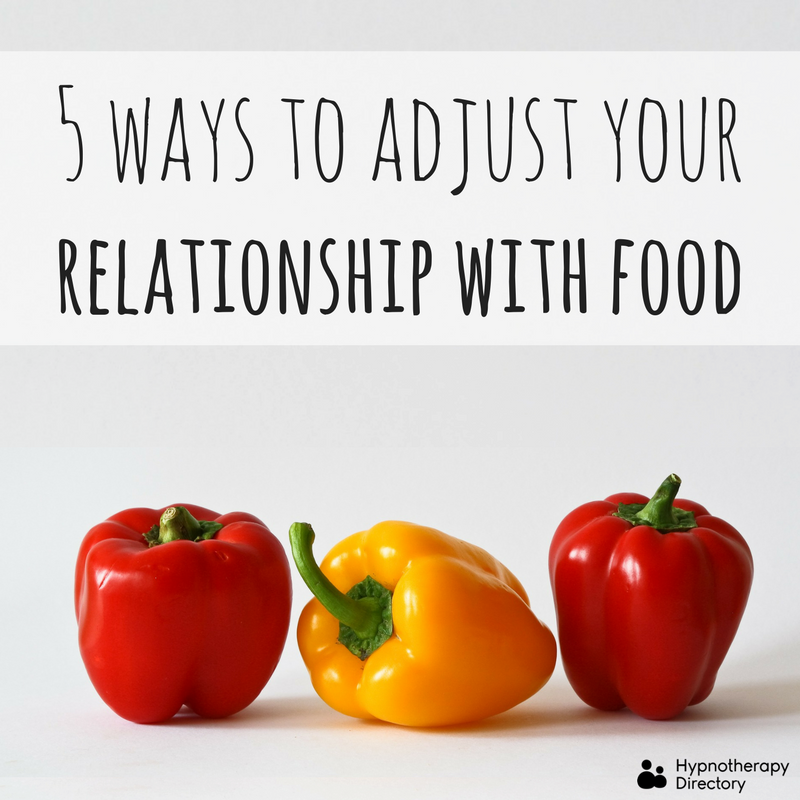5 ways to adjust your relationship with food
Food is central to life. What we consume has the power to provide us with energy, affect our mood, as well as the way we see our bodies. We are all unique – and so are our diets and lifestyles. In order to be healthy inside and out, a healthy relationship with food is important.

Particularly at the start of the year, many people set themselves targets related to food and their own diets. As with any goals, those related to food are very personal and will vary from person to person. But whether your goal is to lose weight, stop reaching for the sugar or to consume more veggies, there are things that all of us can do to improve our relationship with food in general.
1. Stop punishing yourself for what you ate yesterday
One day or weekend of eating off-plan or unhealthily will not undo your hard work, or dramatically harm your goals. If you had a bad day yesterday, try not to overcompensate today – being too hard on yourself is not the answer. Remember to enjoy life as well as the food you eat.
2. You don’t have to aspire to the perfect diet
No one is holding you to eating the ‘perfect food’ all the time. Even nutrition professionals will have favourite meals that are less nutritious than others. It’s all about balance.
Equally, don’t solely rely on food to make the scales shift. Remember that food alone is not enough to make changes for life that will last. Exercise, however much or little, is what will make a healthy lifestyle stick.
3. Don’t wait until you’re hungry to eat
When we feel hungry, it can often be difficult to make good choices about food. You might want something that can be prepared quickly, or even eaten quickly if you’re in a rush. But, this isn’t helpful for long-term goals.
Try to prepare your food every day – or at least on the days you’re not at home. Also, try to stick to regular mealtimes, to prevent hunger throughout the day.
4. Stop using food as a reward
Particularly if you’re trying to lose weight. There are plenty of ideas to reward yourself in other ways, which can help you to stay on track and prevent you from building an emotional connection between rewards and food.
5. Assess your emotional connection to food
Are you still reaching for the snacks, even when you’re not hungry? This suggests there’s something deeper going on. A hypnotherapy professional may be able to help you reach the core of the problem. Why not try seeking help this year, and change your relationship with food for good.

Find a hypnotherapist dealing with Weight loss
All therapists are verified professionals





